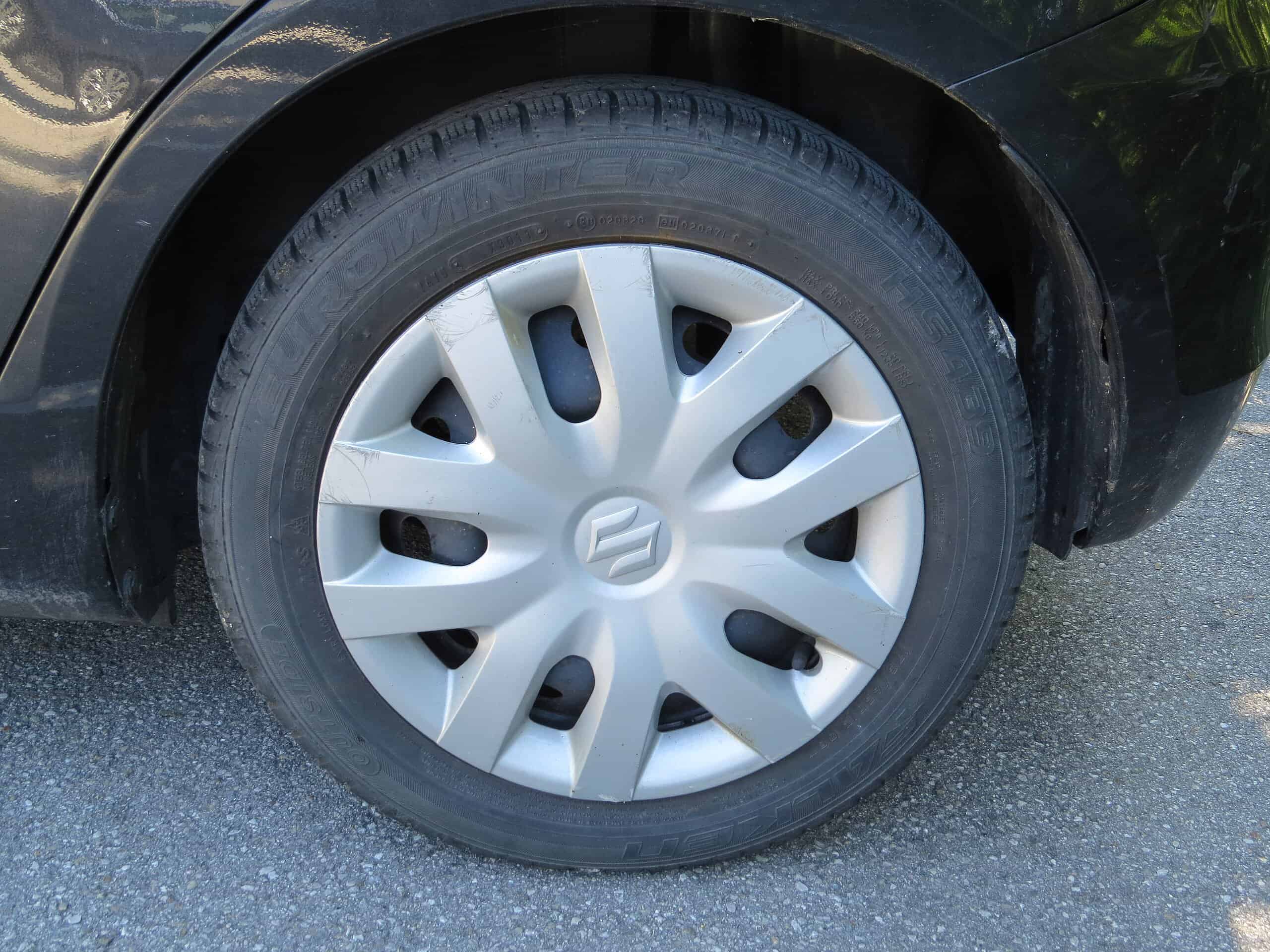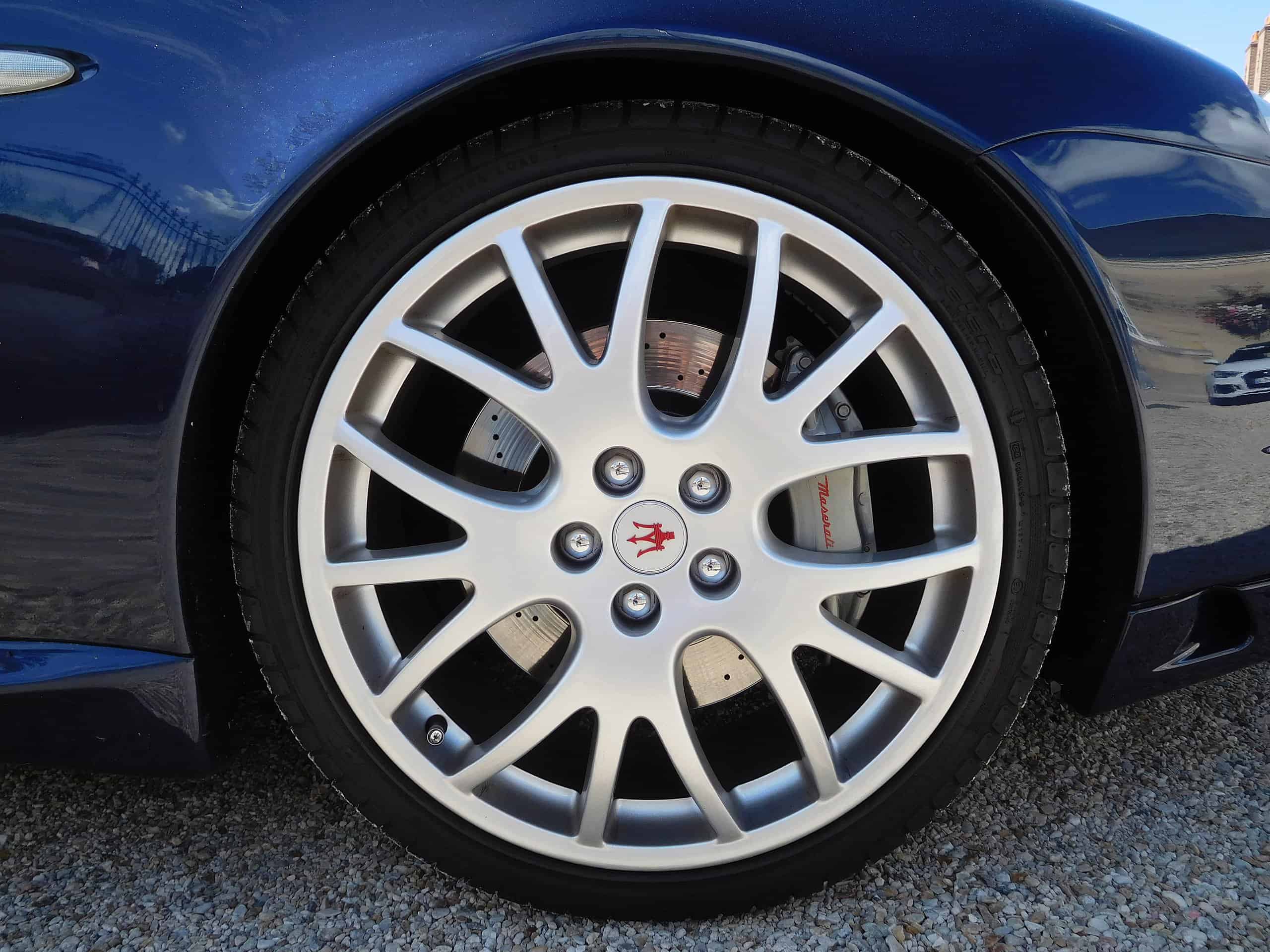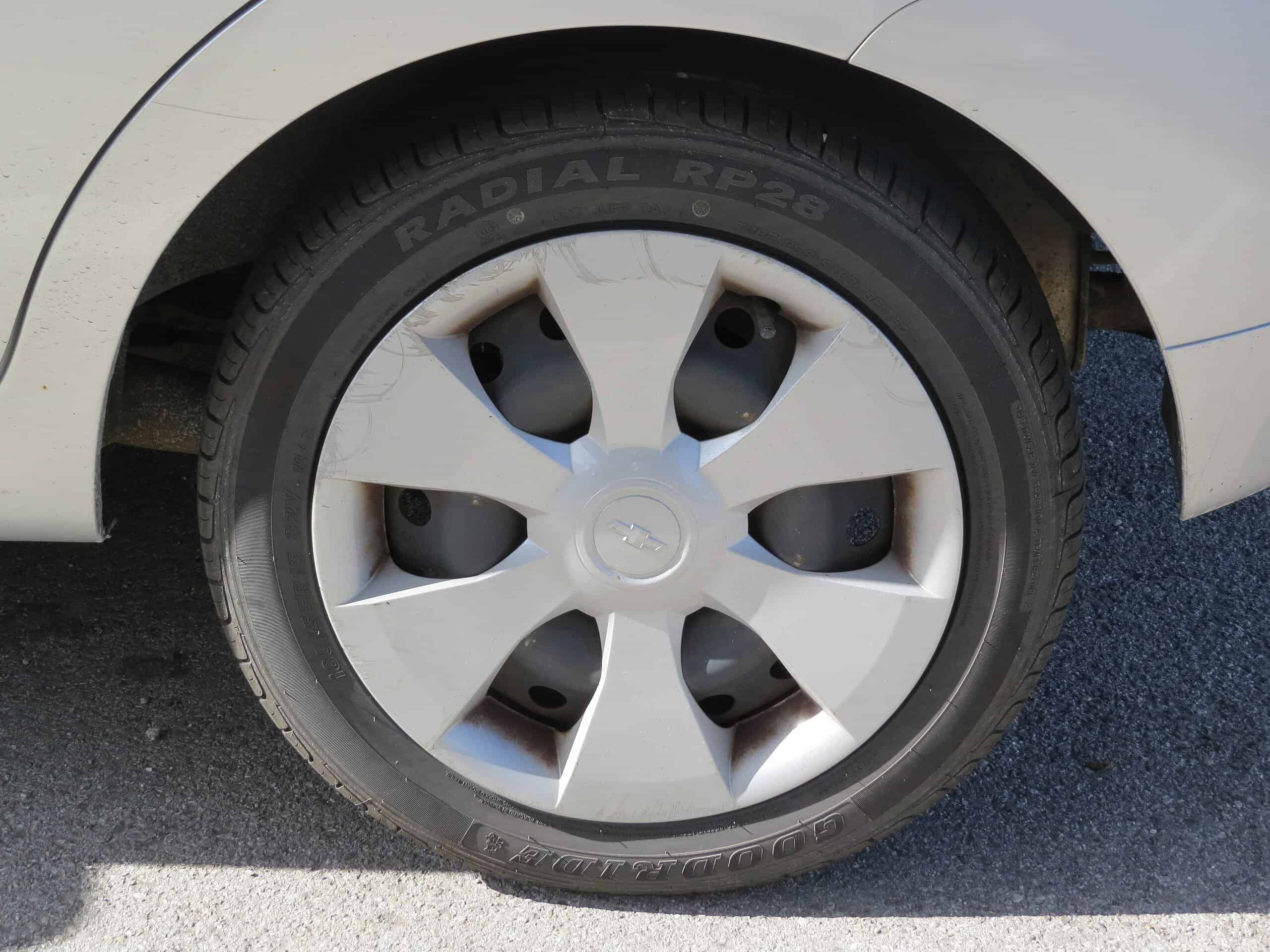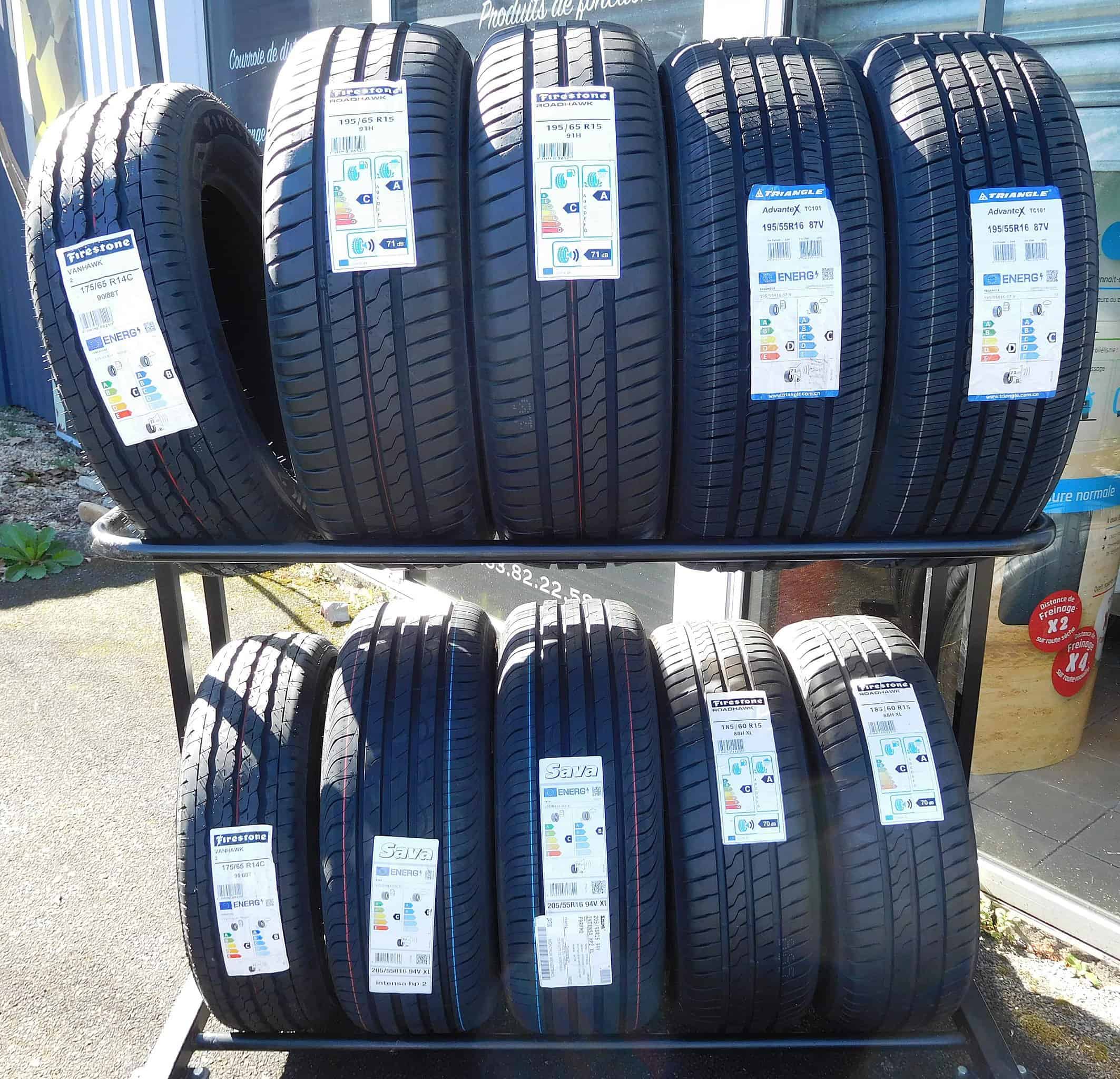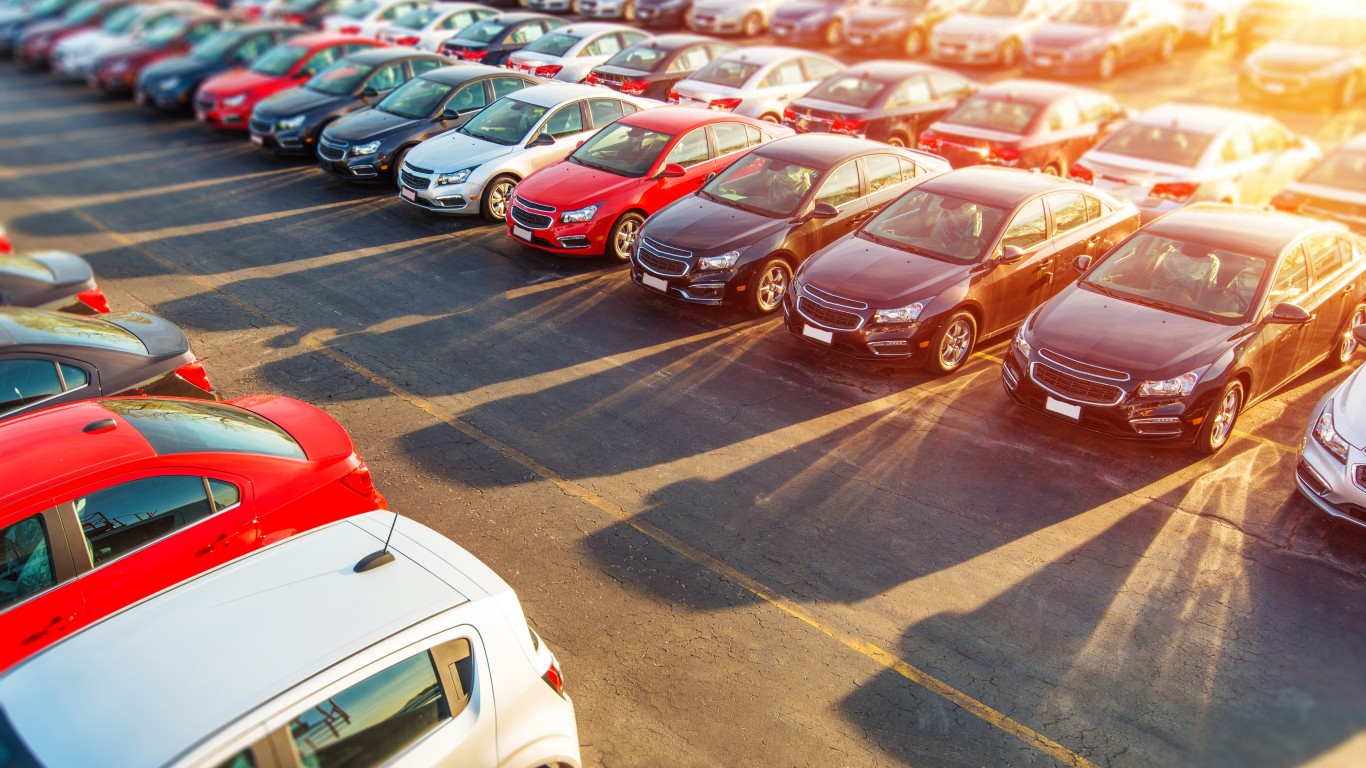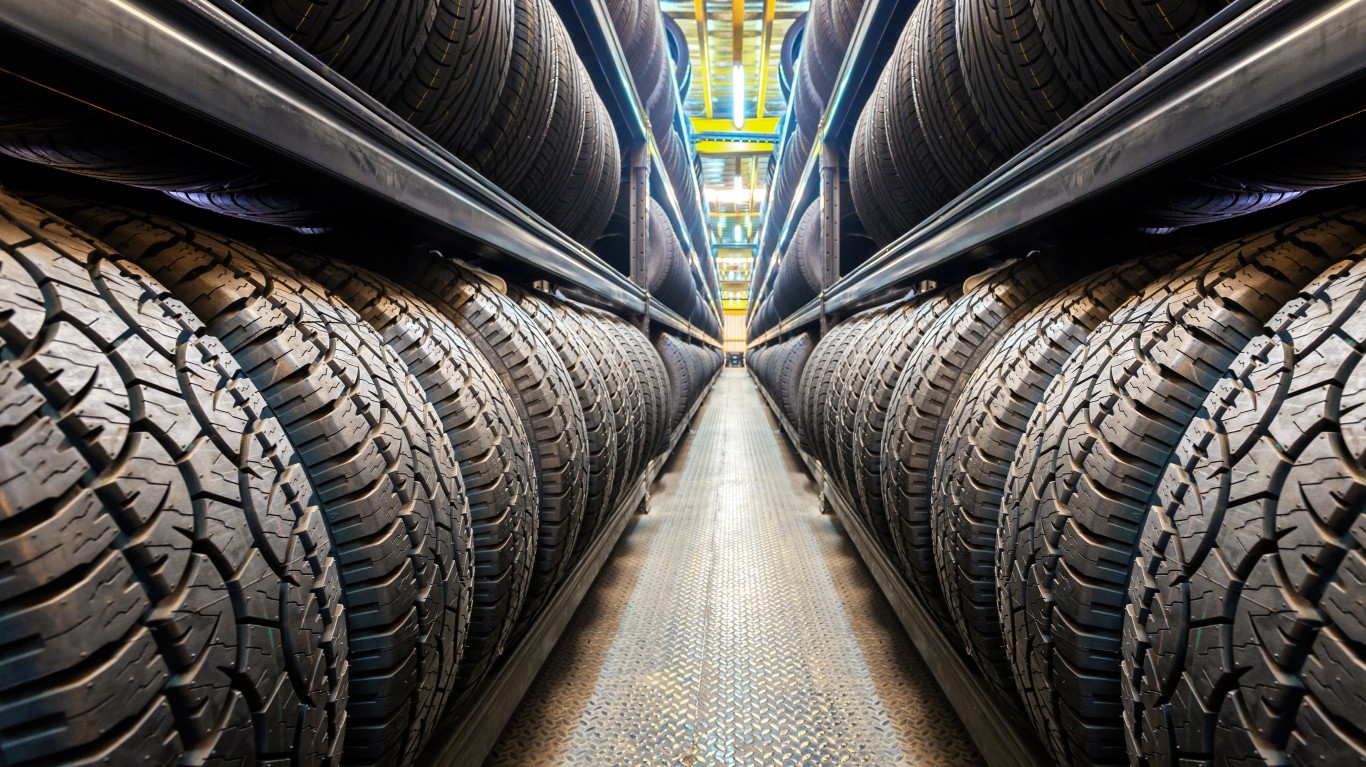
Tires are a bit like the water heater in your home. You use both every day, but you rarely think about either unless there is a problem. Your water heater doesn’t even receive a passing thought on a normal day. However, when you step into an ice-cold shower, that changes everything. At that moment, that $*#% water heater is all you can think about!
Similarly, you rely on your tires every single time you drive your car, but they are rarely front of mind. However, a flat tire is like the cold shower of driving. Tires go from an afterthought to a fixation in an instant.
Tires are one of your vehicle’s most important safety components. They are, quite literally, the only connection between your car and the road. Safe handling, acceleration, and braking all depend on quality tires.
We all need to give a little more thought to our tires instead of waiting for disaster to strike. Checking the roadworthiness of tires should become routine. Most of it is not that difficult.
For example, the old-fashioned penny test is a great way to measure the remaining tread on your tires. Turn a penny upside down and place it in the grooves of the tire tread. If you can see all of Abraham Lincoln’s head, it’s time for new tires.
Other telltale signs that you need new tires include visible cracks, tires that won’t hold pressure, sidewall bulges, or thumping/vibrations while driving.
Never Purchase These Types of Tires
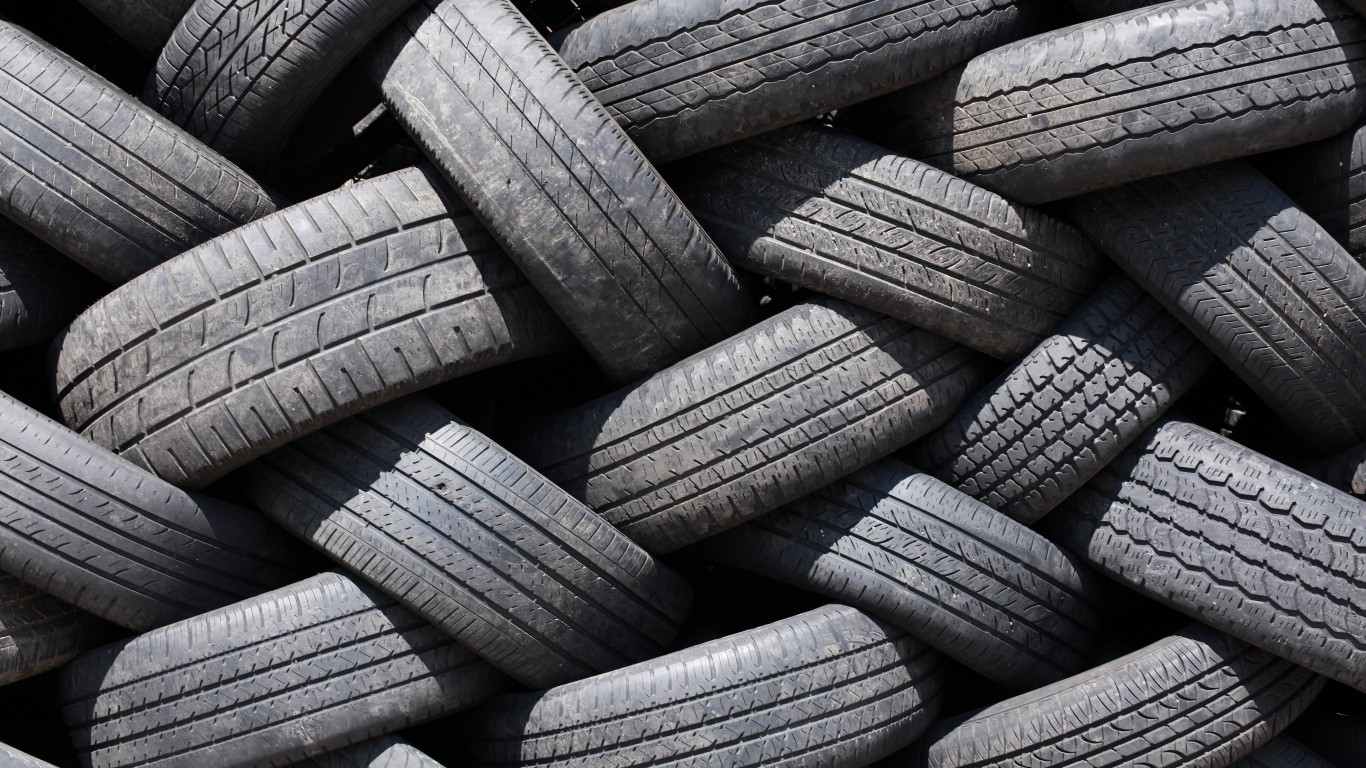
Once you determine that you do, indeed, need to purchase new tires, you are then faced with a crowded tire market. How do you know which tires to consider and which ones to avoid? For starters, these general guidelines from Tire Agent offer some helpful tips. Never purchase any of the following:
- Used tires
- Tires that are incorrectly sized for your vehicle
- Tires that are more than six years old (even if they’ve never been used)
- Retreads (tires where the upper, worn-down part is removed and a new tread is applied)
- Mismatched tires
- Low-profile tires (yes, they look cool, but they are unsafe)
- Recalled tires (The National Highway Traffic Safety Administration has an up-to-date list of recalled tires on its website.)
Along with following these helpful guidelines, there are some tire brands that ought to be avoided at all costs. We found eight such brands that are listed below. (And while we’re at it, here are the 9 worst gasoline brands in America. No sense in putting quality tires on your car and then filling it with inferior fuel.)
Determining the Tire Brands to Avoid
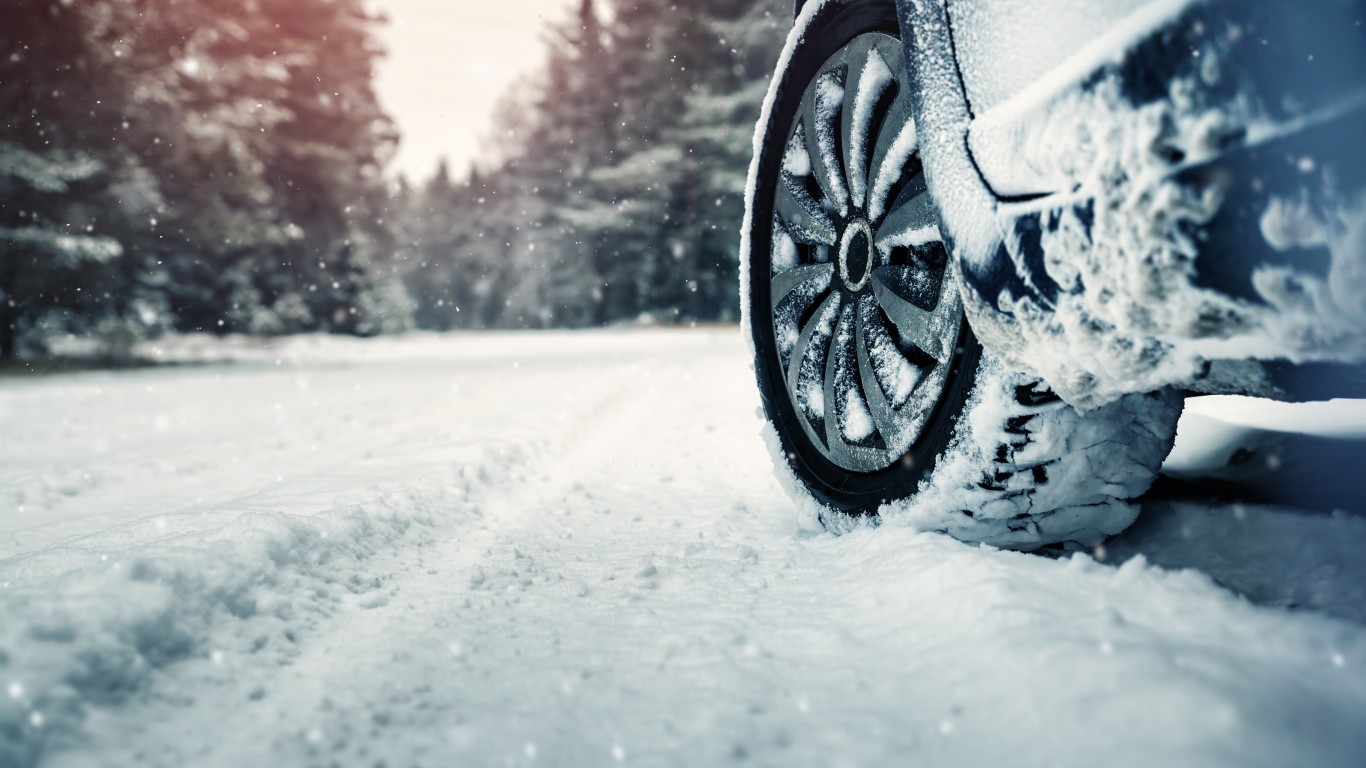
To compile this list of tire brands to avoid, 24/7 Wall St. consulted five different automotive websites and blogs. We also checked actual customer reviews on Google and tire dealer websites. We only included tire brands in our list that were described as substandard on multiple automotive sites and also received numerous poor customer reviews.
It should be noted that multiple sites mentioned brands that we could not fully verify, such as AKS Tires from China. This brand was widely regarded as substandard by our reviewers, but there is very little information about it online. Any tire brand that does not have a website and a lot of good reviews to back it up should be avoided. One reviewer noted that the AKS company “looks like a brand that makes the tires out of someone’s basement.” Long story short, lack of verifiable information is a huge red flag when shopping for tires.
There were two U.S. tire brands that received negative reviews from multiple outlets, but the reviews were about specific tires from these brands and not the brands as a whole. The tires in question are Firestone Destination tires and General Tire (low-end tires only). Firestone and General are both reputable manufacturers that produce high-quality tires, but these specific tires ought to be avoided.
The following eight brands should be avoided altogether, though. They received scathing reviews on multiple blogs as well as from customers.
8. Falken
- Country of Origin: Japan
Falken tires have poor traction, even in dry conditions. When roads become wet or slick, the grip of these tires goes from bad to terrible.
One reviewer noted that, historically, Falken produced a decent tire. However, the company’s cost-cutting measures have reduced the quality of its products. Skip these tires.
7. Accelera Tires
- Country of Origin: Indonesia
The name of this brand is misleading. You would expect Accelera tires to aid in your car’s acceleration, but that is actually one of the biggest knocks against these tires. Consumers noted that the tires lose grip when accelerating quickly. They also do not handle well during hard braking. The stopping distance of these tires, especially in wet conditions, is far too long. The overall traction of Acclera tires is very poor.
6. Autogreen

- Country of Origin: China
Autogreen tires present a number of problems. These tires have poor grip, even on a dry road. Wet roads make it far worse. The tires produce noticeable vibrations at high speeds, meaning they are not staying in safe contact with the road surface.
The tires do not wear evenly, which can create a safety hazard as the tire ages. However, these tires often don’t age at all.
One reviewer noted that their Autogreen tires were bald within six months. Another commented that Autogreen tires don’t even last 20,000 miles. Yet another was even harsher in their criticism, saying these tires wear out at 10,000 miles.
The average American drives over 14,000 miles per year, so consumers may not even get 12 months’ worth of use out of Autogreen tires.
5. Geostar
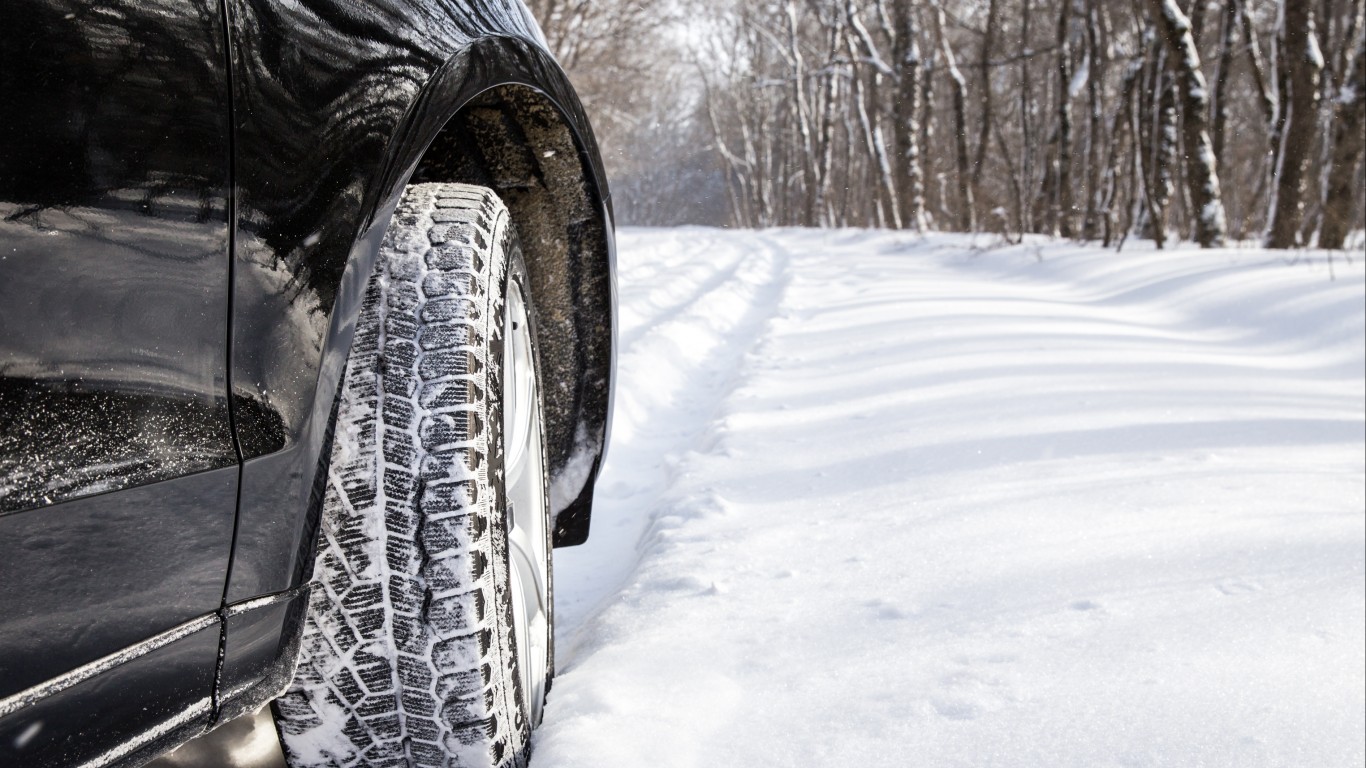
- Countries of Origin: China, Taiwan
Geostar tires have a rougher ride than many other comparable tires. Worse than that, these tires can lose grip when turning, creating a dangerous situation.
Geostar tires lack traction in both dry and wet conditions. And winter driving? Forget it.
Geostar is most definitely not the star of the tire show.
4. Goodride
- Country of Origin: China
There is nothing good to say about Goodride tires. These tires have unbalanced handling and a very poor ride. They lack grip in all weather conditions. Words like “cheap” and “crappy” appeared in customer reviews. The message is clear: say “goodbye” to Goodride.
3. Triangle
- Country of Origin: China
When a reviewer refers to a tire as a “ditchfinder,” that might just say it all. Triangle tires have very low grip. In dry conditions, they squeal even in moderate acceleration. In wet conditions, one customer described these tires as “outright dangerous.”
If you’re still not convinced, other users described these tires as “super cheap,” “dreadful,” and “rubbish.”
2. West Lake

- Country of Origin: China
West Lake tires are widely available in the U.S., but the reviews are, in a word, bad.
West Lake tires are very noisy. But that’s just the beginning of this brand’s problems.
These tires are easily damaged in rough driving conditions. One pothole could mark the end of a West Lake tire.
West Lake tires are also unsafe at highway speeds, with one reviewer noting that they lose grip above 60 mph.
Multiple reviews noted that the tires have a short lifespan. Even though they are sold at a low price, it could cost you more in the long run since you’ll have to replace them far sooner than a higher-quality brand.
1. Unicorn

- Country of Origin: China
Unicorn Tires are sold under multiple brand names, such as Travelstar, Mastertrack, and Sunfull.
Unicorn’s overall reputation is poor, with reviewers commenting that its tires are made with inferior materials. The traction on wet roads is very poor. One reviewer noted that the stopping distance in wet conditions is among the longest they have ever experienced. Your safety, and that of your family and friends, is too important to gamble on these tires.
Thank you for reading! Have some feedback for us?
Contact the 24/7 Wall St. editorial team.
